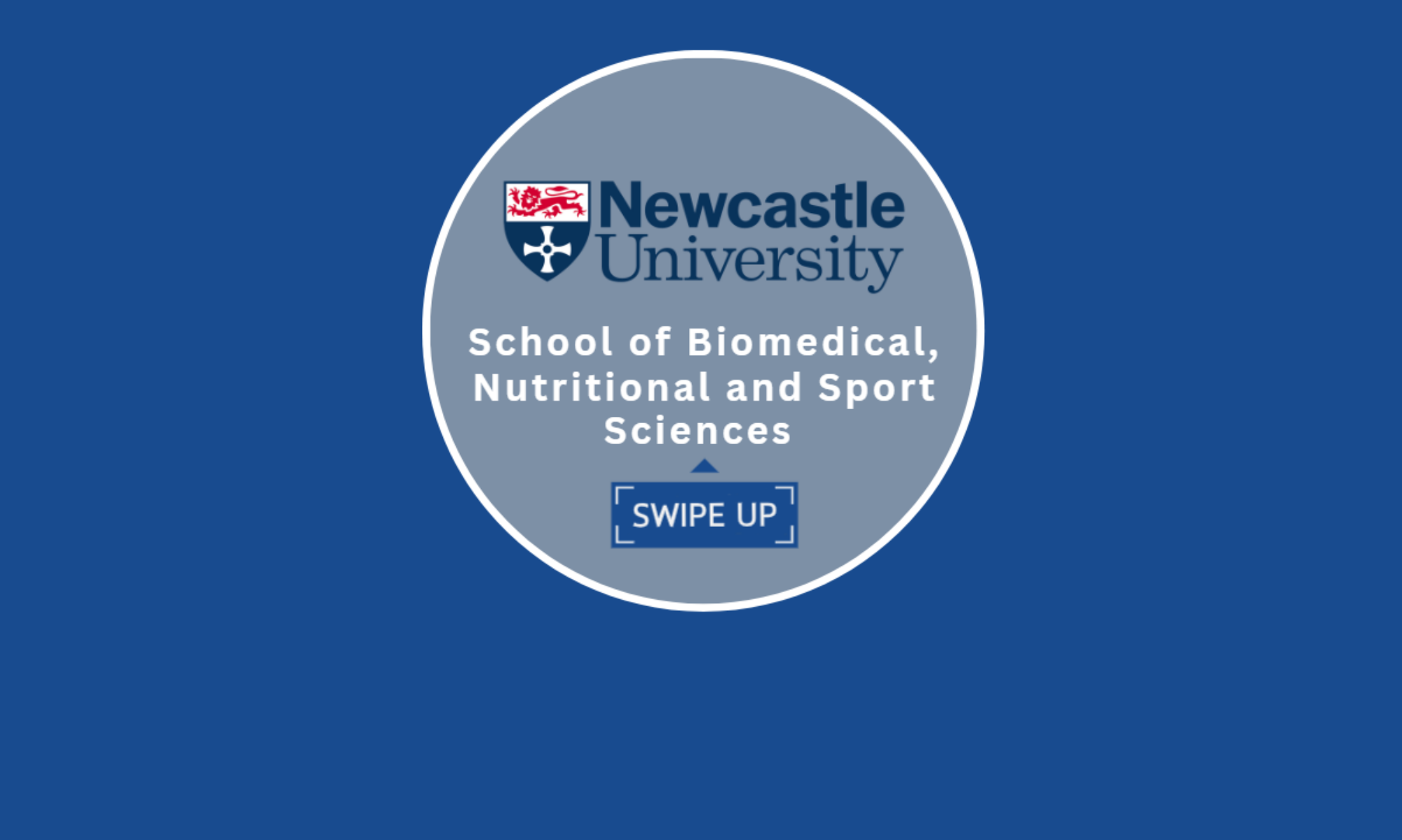By Sam Murray – 3rd Year Biomedical Sciences student
Vacation Research Project
During the summer I worked alongside scientists in the Institute of Cellular Medicine in Newcastle University to complete a 8-week research project in Complement Immunology, and was paid £200 a week to do so! I produced a poster to communicate my research and defended it at the university wide Celebrating Research Scholarships & Expeditions presentation evening. I was awarded a Commendation for oral defence of the poster and also won 3rd prize at the School of Biomedical Sciences Summer placement poster presentations.

This is how I got to there.
Finding a project that fit my interests.
Knowing that I was interested in Immunology, I used that as my basis to find a project. I searched The Faculty of Medical Sciences webpage for researchers who worked in my area of interest and found several within the Institute of Cellular Medicine. I looked through the research of the potential supervisors and then contacted the ones that sparked my interest. I made sure in my email I spoke about their research and why I was interested in doing a project with them.
After a few emails and meeting in person, thankfully – Professor Claire Harris agreed to supervise my project, and together we planned what I would do and applied for funding for the project. Prof Harris’ group looks at the Complement system (a part of the Immune system) and how it is related to some rare, but severe diseases. I could remember from lectures in first year that the complement system was quite a daunting series of molecules, cascading from different places – but after revising it again I could remember most of what I had learned and so it wasn’t too difficult remembering the pathways again.
In lectures, we learned that the complement was part of the innate immune system and is there to fight against bacteria and viruses that invade the body. On the rare occasions complement is not controlled properly, severe kidney diseases like Atypical Haemolytic Uremic Syndrome (aHUS) and C3 Glomerulonephritis can occur. To better understand these diseases and to potentially come up with ways to treat them, it’s important to make models of complement that we can use to test ideas in the lab.
Completing the Project.
My project looked at defining a model for disrupting the complement system using an artificial antibody, which was developed by Professor Harris, to bind to and stop parts of the system working. I started by purifying the antibody from cells, so I had just the pure antibody for experiments.

I then used biochemical techniques like western blots and ELISAs to look at how the antibody interacted with the complement system, and see if it actually did model the complement related kidney diseases as we expected. These techniques are like the ones that we do in practicals in first and second year – except you have to design the experiment yourself, and then carrying it out individually. This really gives you much better experience of the technique (and when you have to repeat it many times to get good results, you really get to grips with it quickly!).

Thankfully, after doing all this work – I did manage to show that the antibody caused dysregulation of the complement system, and so it could potentially be used as a model for disease that could in turn be used to come up with new therapies for them.
What I got out of a summer in the lab.
All in all, the experience of doing a project and the poster presentation event itself is a really good way to ‘dip your toe’ into research, whilst getting much needed experience to add to your CV. It has made me feel much more confident in the lab, not only with the techniques that I have learned – but also working in a professional setting and communicating with your supervisor and other researchers. It’s a great way to experience research before your 3rd year project – and takes a lot of the anxiety out of the prospect.
If you’re thinking of pursuing research as a career, then getting a funded placement like this is ideal experience for your post-graduate applications – and makes you a much stronger candidate. I really enjoyed doing the project, and felt really inspired to continue on with doing research as a career – so much so that I am right in the middle of applying for post-grad study now!
